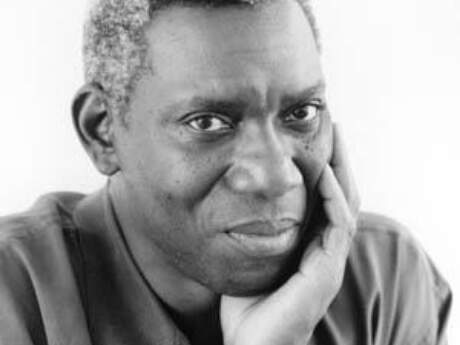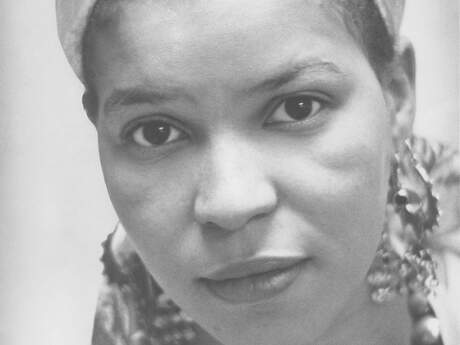First Loves
Robert Creeley: First Loves
Not ever having thought to be a poet, it's hard to recall what most moved me toward it when young--except for what was part and parcel of our usual small town life, my older sister Helen's own interests in poetry, my Aunt Bernice's occasional contributions of poems for the various editorial pages of the newspapers where she lived, my grandmother's store of remembered verses. We were not literary persons, so to speak, nor have I managed or wished to become one. I wanted to write stories and novels, if it proved I could write anything. Despite liking things like the Brownie Books and R. L. Stevenson's whimsical lyrics, and Edward Lear, and James Whitcomb Riley's "Little Orphan Annie"--and no doubt far more than I can ever now retrieve--it was still a world in which poetry could find small place. In West Acton, Massachusetts in the thirties, it simply wasn't for boys.
So what I remember finally is what I have to--because I can't ever forget. It's the eighth grade? Miss Stolte, blonde, slim, quite tall, quick almost ironic manner, desperate in a way I can now recognize, lonely, disdaining, speedy, begins to read. We have badgered her mercilessly until she yields. But she must enjoy her powers? She is reading a poem by Alfred Noyes, which I find wondrous, arousing, sensual beyond anything I can put words to:
The wind was a torrent of darkness
among the gusty trees,
The moon was a ghostly galleon
tossed upon cloudy seas.
The road was a ribbon of moonlight
over the purple moor,
And the highwayman came riding,
Riding, riding,
The highwayman came riding,
up to the old inn-door.
Already the world shifts and transforms, becomes suggestive, half hidden, with the center of that man "riding, / Riding, riding..." I am fascinated. Then comes Bess, and no matter how many times we persuade Miss Stolte to read this poem, "The Highwayman," I stir entirely, sexually aroused, still unaware, as they say, of what is happening to me as the rhythms gather and insist:
And over the cobbles he clattered and
clashed in the dark inn-yard.
And he tapped with his whip on the
shutters, but all was locked
and barred.
He whistled a tune to the window,
and who should be waiting there
But the landlord's black-eyed daughter,
Bess, the landlord's daughter,
Plaiting a dark red love-knot into her
long black hair.
Now one has come into this world of night and heroic presences and love in all its physical proposal, and the persistent fact of a particular time passing, even as the horse's hooves clatter and clash. Was this to be the other side of one's life, beyond the insistent daylight? I gave myself up to it entirely. The story winds and pauses, hangs in the balance, continues. Finally, it has to end:
'Still of a winter's night,' they say,
when the wind is in the trees,
When the moon is a ghostly galleon
tossed upon cloudy seas,
When the road is a ribbon of moonlight
over the purple moor,
A highwayman comes riding,
Riding, riding,
A highwayman comes riding,
up to the old inn-door.
I was delighted to read that Tennyson, when an old man and all but faded from the public scene, arranged to have Noyes brought out to his country home, so that Noyes might read his poems to him. Louis Untermeyer, the anthologist and chronicler of such matters in my youth, wrote years ago complacently of Noyes himself: "Unfortunately, Noyes has not developed his gifts as deeply as his admirers have hoped. His poetry, extremely straightforward and rhythmical, has often degenerated into cheap sentimentalities and cheaper tirades; it has frequently attempted to express programs and profundities far beyond Noyes's power." Will we ever know, finally, what it is that poetry is supposed to do? Will I, for one, ever care?
Originally published in Crossroads, Spring 1998.


